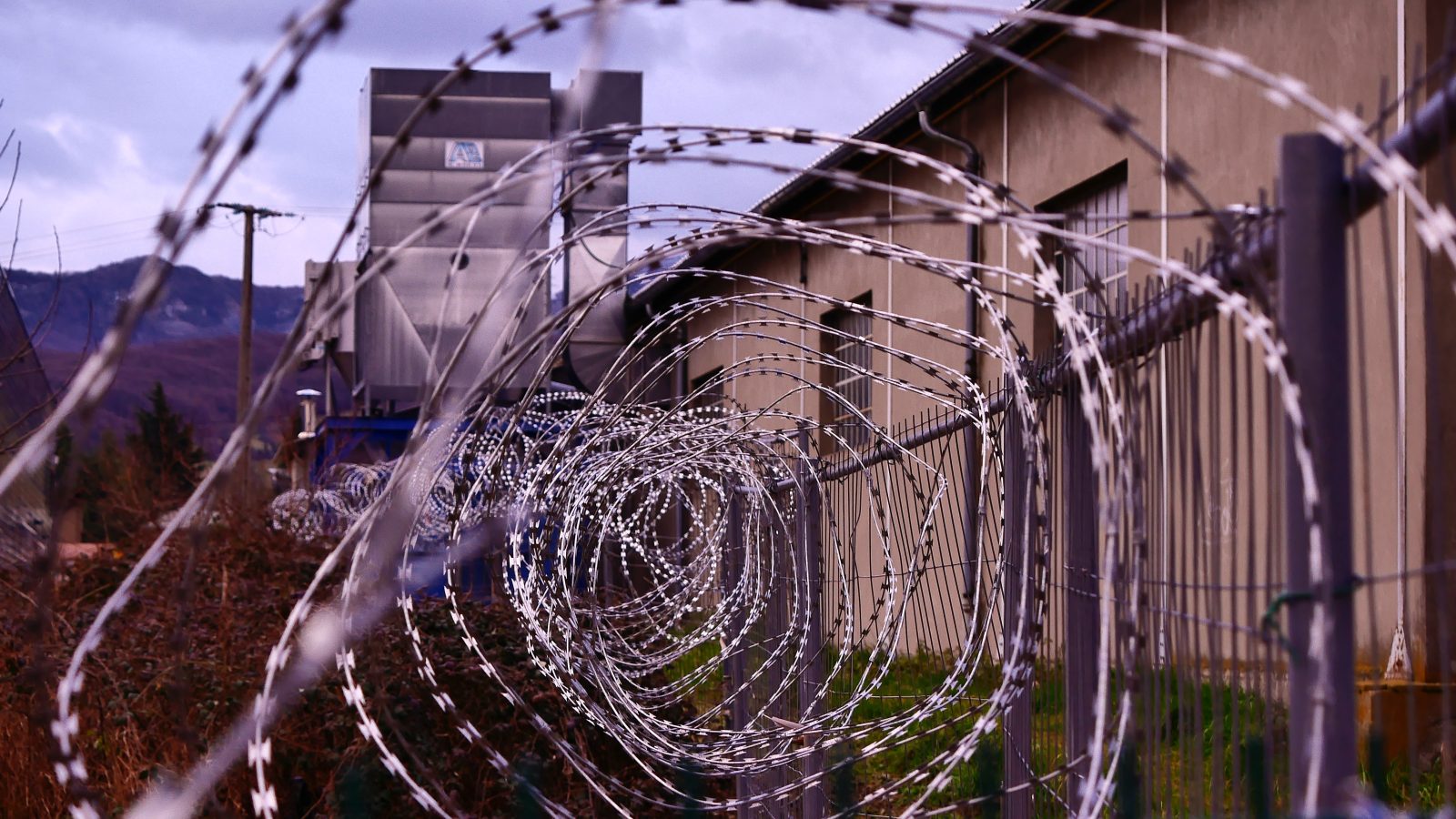
DroneDJ readers are familiar with stories about prisoners working with outside UAV pilots to stage aerial drops of prohibited matter into jails around the world. Now there’s a case of penitentiary guards themselves using drones to deliver not just the usual contraband phones, tobacco, and drugs to their prison, but also orders of hamburgers, fried rice, and booze.
Earlier this month, prosecutors in Colombia announced they’d detained seven guards from the maximum-security Tramacúa Prison in the northeastern city of Valledupar, awaiting their trial for running drone deliveries of contraband. According to reports, the crew pocketed nearly $9,000 per month from the sale of the illicit goods on the jail’s internal black market. The lucrative scheme was finally discovered when a UAV was flown to the wrong drop-off point, where both the craft and its payload of 18 cell phones allowed authorities to uncover the wider operation.
That drone delivery activity was described as transporting the usual kind of contraband into the prison – notably cell phones, SIM cards, tobacco, and cannabis. As a testament to the free access that guards had to the jail – and their apparently diminished concerns of ever being found out – compared to similar operations elsewhere in the world, the Colombian organizers expanded their menu, literally, to takeout food that put the Big House grub to shame.
According to prosecutors, a single burger flown in from freedom ran upwards of $61, while an order of fried rice could cost up to $123 (must have been good rice). Getting a hold of alcohol to wash that down required nearly $250, while a quantity of marijuana went for over $380. Oddly, while one of the telephones that tipped authorities off to the scheme was said to command about $175, a SIM card to make it work reportedly fetched nearly three times as much.
The use of drones to smuggle contraband into prisons has been on the rise throughout the world, with jails in the US and Canada reporting particularly heavy activity. Similar operations have also been steadily multiplying in Central and South America, where the combination of terrible pay, particularly dangerous working conditions, and wider corruption in penitentiary and legal systems have led certain guards to take the risks of running illegal transport and distribution systems.
Also fueling that contraband drone delivery action, observers say, is the high populations of inmates belonging to drug cartels or their associated gangs, which have both the funds and influence to get desired goods flowing to their allies while they’re on ice. That situation, however, has occasionally produced different sorts of deliveries that nobody expected or wanted.
Last September, a UAV was used to drop explosives onto a penitentiary in Ecuador in what authorities believe was an attempted hit on interned cartel members by a rival group. The result was targeted inmates clambering onto the roof and firing shots at the attacking craft – guns presumably smuggled in at some earlier time by drone.
FTC: We use income earning auto affiliate links. More.




Comments